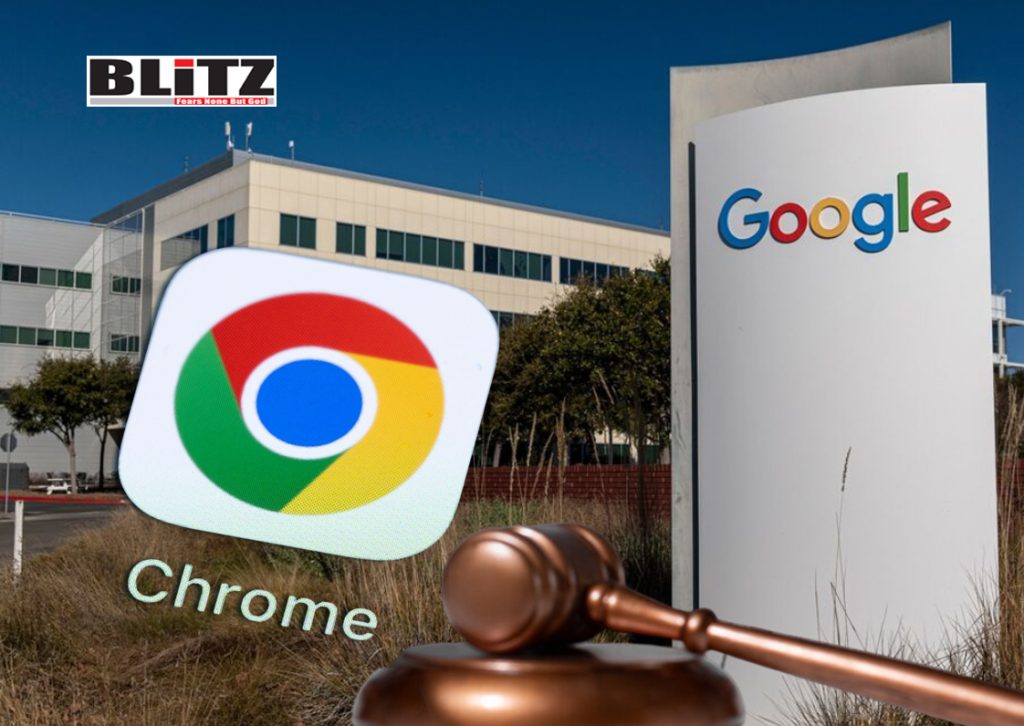Google is pushing back against a U.S. government proposal to split off its Chrome browser, arguing that such a move would harm innovation and users, not improve competition in online search.
In a pivotal hearing on Friday, attorneys delivered final arguments before U.S. District Judge Amit Mehta, who is considering remedies following a landmark ruling that found Google illegally maintained a monopoly in the search engine market.
Government Calls for Chrome Divestiture
The Department of Justice (DOJ) has urged the court to force Google to divest from Chrome, claiming the browser’s integration with Google Search strengthens its dominance, especially as artificial intelligence becomes more influential in how people access information online.
The DOJ also wants Google banned from entering exclusive distribution deals with companies like Apple and Samsung, which make Google Search the default on many devices.
Google Argues No Proof of Consumer Harm
Google’s lead attorney, John Schmidtlein, said there’s no evidence consumers would have chosen alternative search engines like Bing if Google hadn’t made these deals. He pointed out that Verizon once pre-installed Chrome on phones despite owning Yahoo, suggesting these decisions weren’t purely based on contracts.
Of over 100 witnesses, none claimed they would have installed Bing if given more flexibility, Schmidtlein noted.
Debate Over AI and Competition
DOJ attorney David Dahlquist responded by saying Apple itself asked Google for more flexibility but was denied, despite receiving billions of dollars from Google to keep Chrome and Search as defaults.
The trial also addressed the increasing role of AI in search. Apple executive Eddy Cue testified that Google search traffic on Apple devices declined recently for the first time in 20 years, as AI tools like ChatGPT and Perplexity gain traction.
Chrome Divestiture Could Hurt Innovation
Critics of the proposed remedy, including the Cato Institute, argue that spinning off Chrome could damage smaller competitors, stall innovation, and lead to inferior products for users. Google claims that more than 80% of Chrome users are outside the U.S., so any forced sale would have global consequences.
Schmidtlein warned that a divested Chrome would be a “shadow” of its current form and said requiring Google to share its data and proprietary algorithms would be disproportionate and harmful.
What’s Next?
Judge Mehta is expected to issue a decision on the proposed remedies, which could reshape how users interact with search engines in a digital era increasingly driven by AI.

